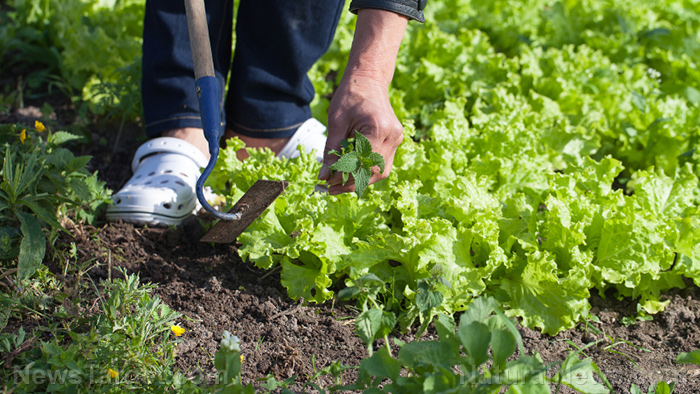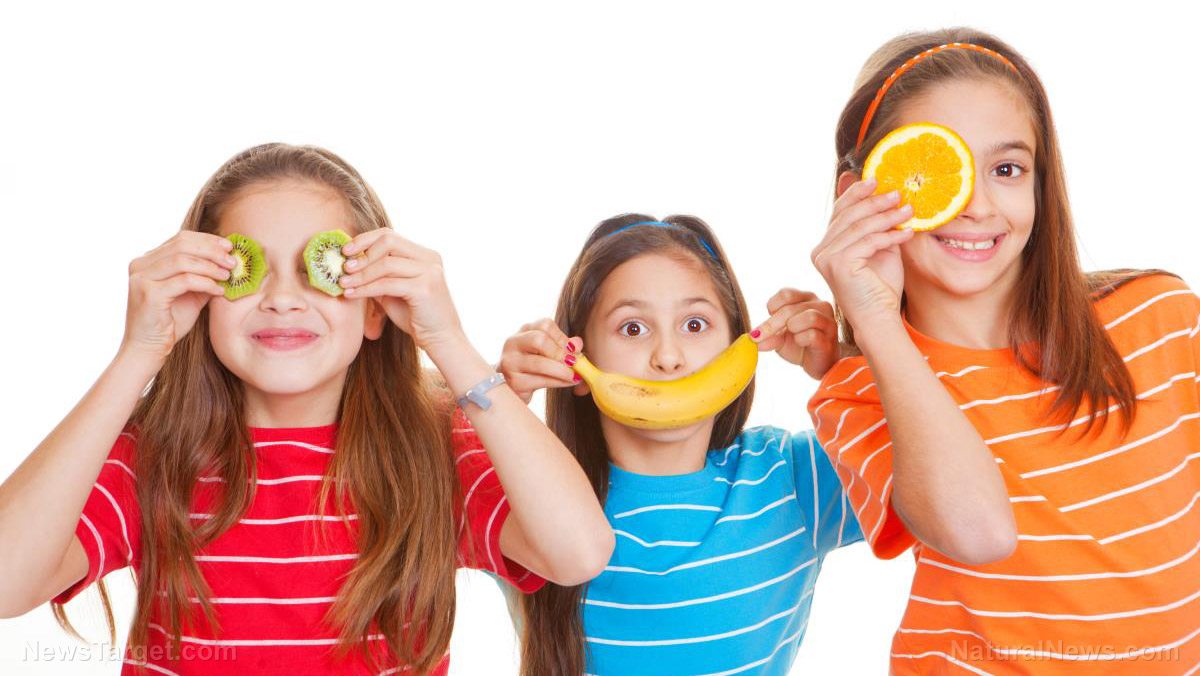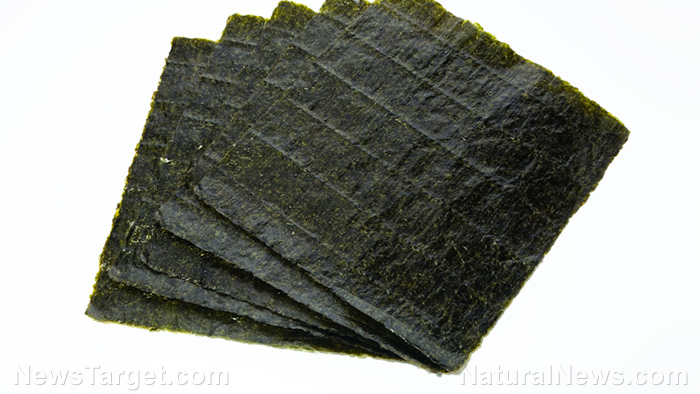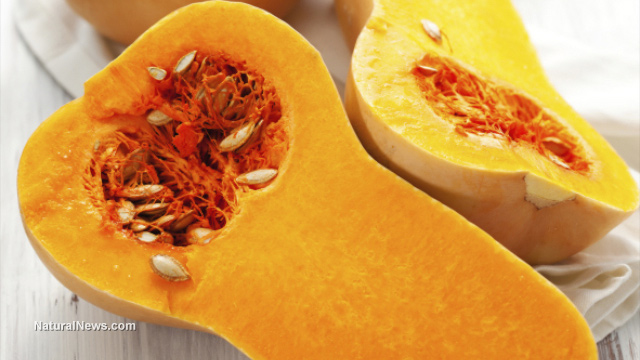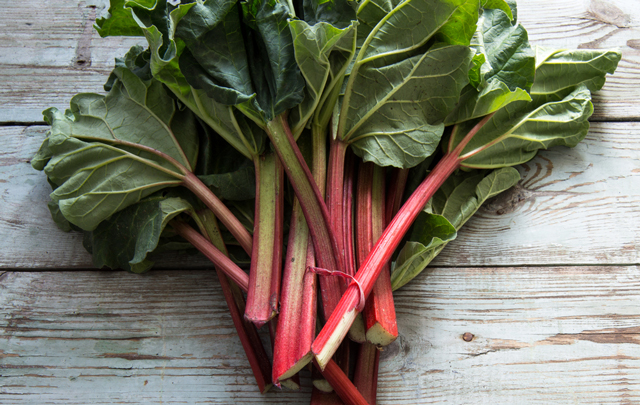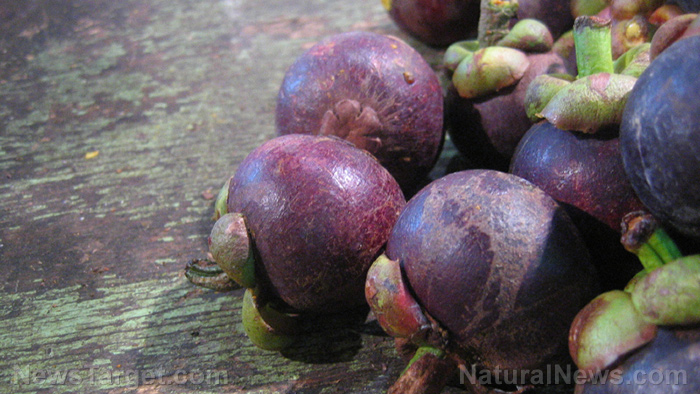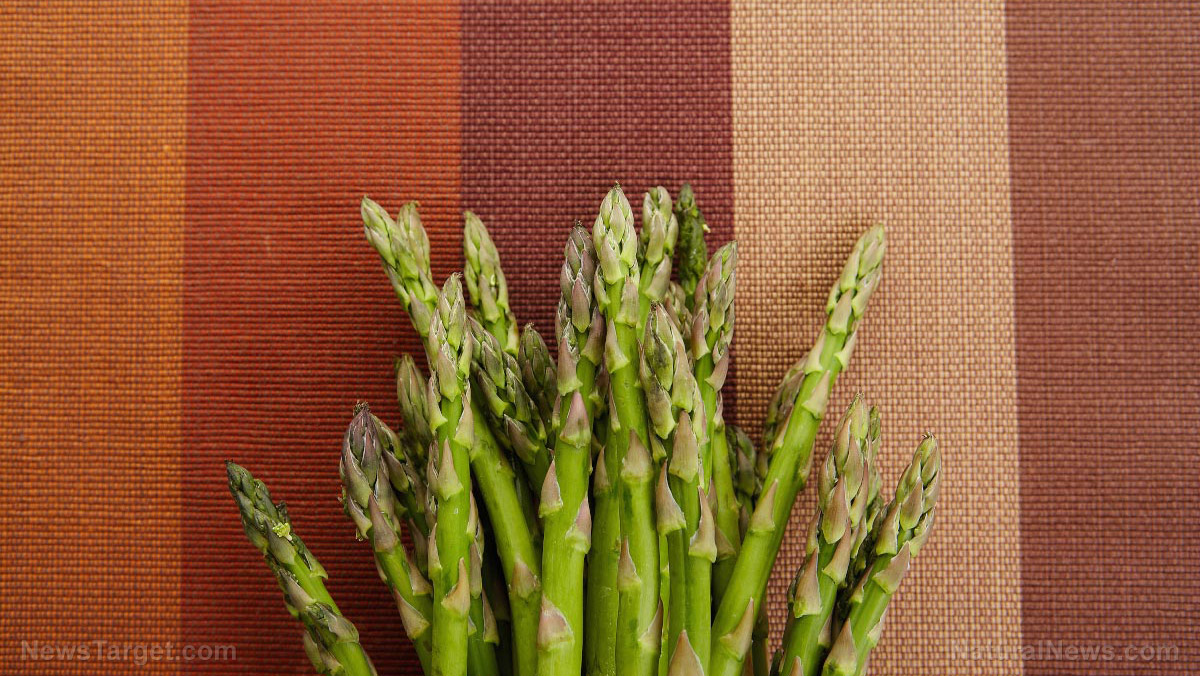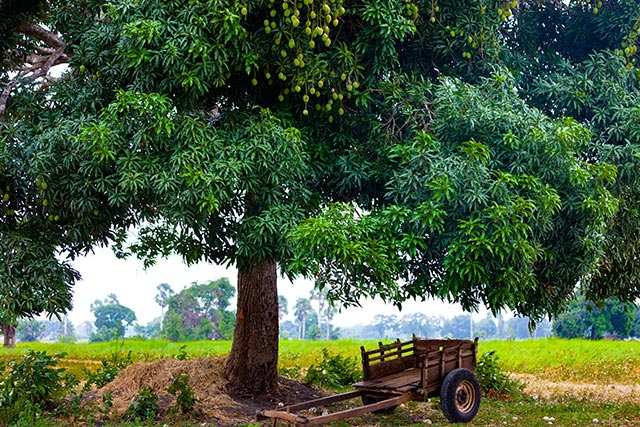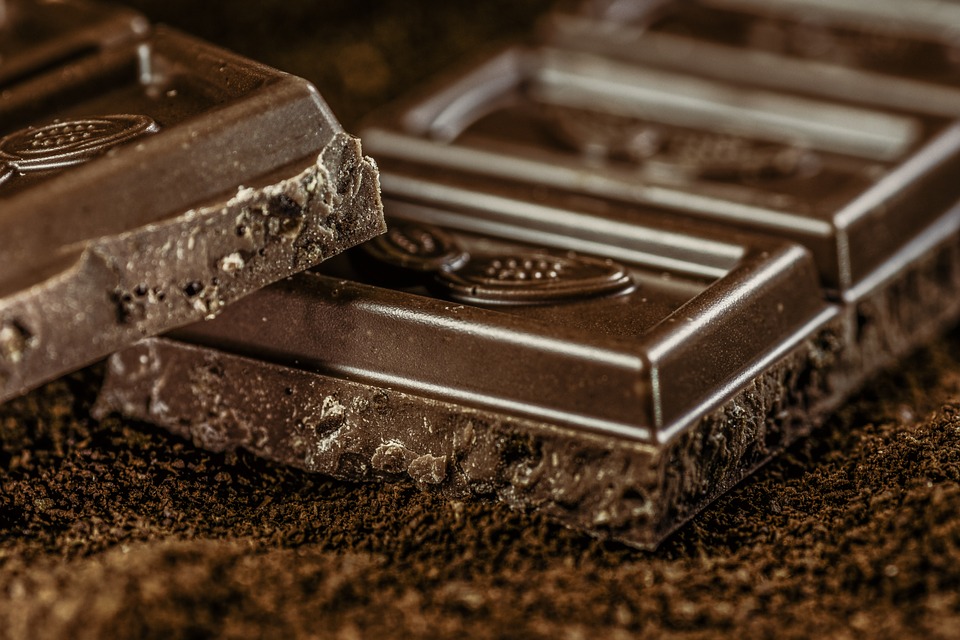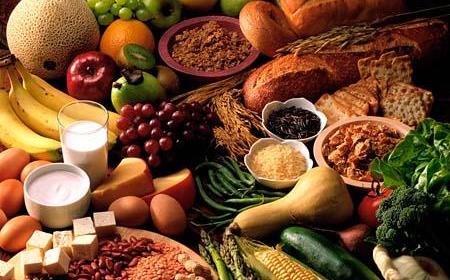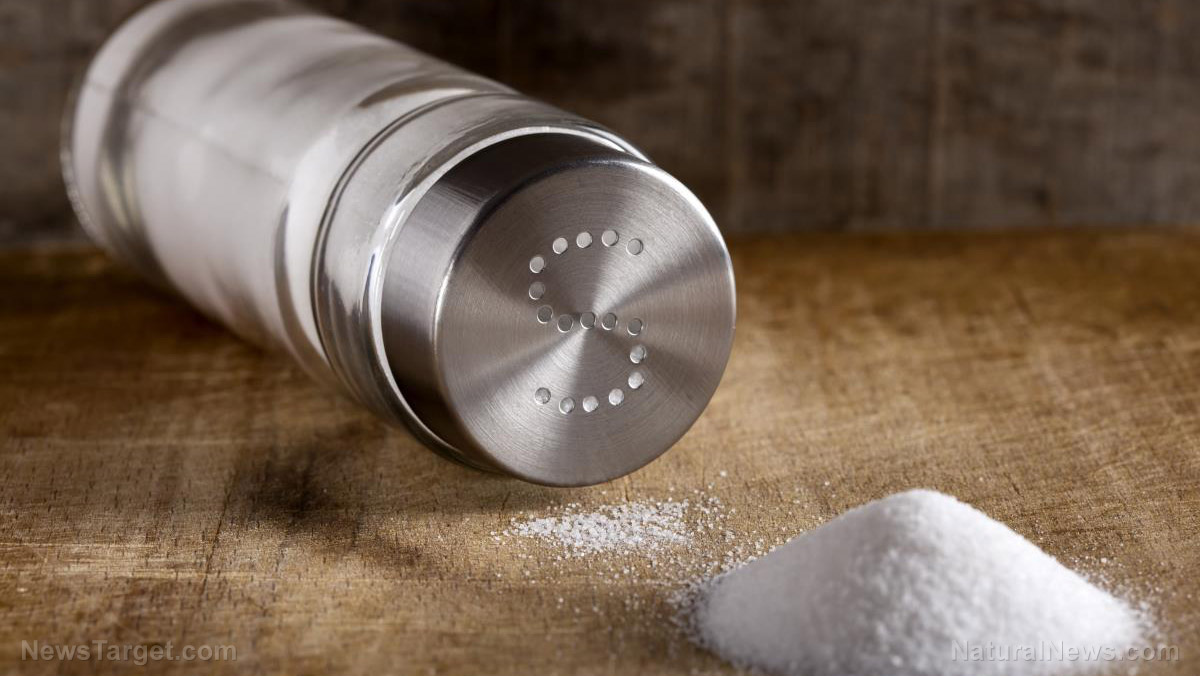Pumpkin seeds, mostly eaten during Halloween, contain an impressive array of vitamins and minerals that support heart health
08/16/2018 / By Michelle Simmons

Pumpkin seeds are typically eaten only during Halloween, as they are usually scraped out of the pumpkin in making jack-o-lanterns. However, these nutty seeds and their byproduct pumpkin seed oil should be consumed more often because they contain a variety of vitamins and minerals that are good for the heart.
Pumpkin seeds and pumpkin seed oil are a great source of manganese, magnesium, phosphorus, copper, protein, zinc, and iron. They are also rich in essential fatty acids and tryptophan, which make them an effective tool in improving heart health and preventing diseases, such as arthritis, osteoporosis, bladder dysfunction, and anxiety. (Related: Health benefits of eating pumpkin seeds.)
To support heart health, pumpkin seeds work by increasing high-density lipoprotein (HDL) or “good” cholesterol levels, while decreasing low-density lipoprotein (LDL) or “bad” cholesterol levels. As a result, the risk of cardiovascular disease risk is lowered and heart health is enhanced. This benefit of pumpkin seeds may be attributed to their high concentrations of phytosterol, a compound that prevents cholesterol absorption in the intestines. Pumpkin seed oil actually contains a higher level of phytosterols compared to the seed alone. In addition to their heart-healthy benefits, pumpkin seeds play a role in lowering blood pressure levels.
The benefits of pumpkin seeds go beyond heart health. They are also good for the bones because of their high magnesium, phosphorus, and zinc content. In addition, pumpkin seed oil helps relieve inflammation linked to arthritis and related conditions. Researchers from the University of Tennessee discovered that magnesium is important to bone mineral density and preventing osteoporosis. A different study, which was published in Osteoporosis International reveals a significant association between adequate phosphorous and zinc intake and reduced bone fracture risk.
Another benefit of pumpkin seeds has to do with bladder health. Up to 16 percent of aging adults are affected by overactive bladder, which can greatly affect their quality of life. An overactive bladder causes sudden urges to urinate and can cause involuntary urination. Some studies have shown that pumpkin seed oil and extract are effective in improving these symptoms and helping to bring back bladder control.
Pumpkin seeds also improve mood. According to a study published in the Canadian Journal of Physiology and Pharmacology, the high tryptophan content of pumpkin seeds help improve anxiety. In the brain, tryptophan is transformed into serotonin, which enhances mood and feelings of well-being.
A guide to roasting pumpkin seeds
Here is a guide to roasting pumpkin seeds:
- Choosing the right pumpkin seeds for consumption is important. In general, all seed sizes are suitable for consumption, however, some larger seeds may be too tough to eat. The recommended size of pumpkin seeds is small or medium. Seeds taken straight out of the pumpkin are typically white, while packed seeds are dark green in color.
- Once you’ve chosen your pumpkin seeds, clean them by tipping them into a strainer, washing them and removing the pulp under cold running water.
- Boil some salted water in a large saucepan, add the seeds and boil for five to 10 minutes, then drain onto a kitchen towel.
- Sprinkle some oil and seasoning on the drained seeds while spreading them evenly across a large baking sheet. You can try different seasonings, such as paprika, chili, or cumin, or just season with rock salt and pepper.
- Roast the seeds at 180 degrees Celsius for around eight to 10 minutes.
- You can store the roasted pumpkin seeds in an airtight container for a maximum of three days. Their crunchiness will diminish if you store them for more than three days.
- The roasted pumpkin seeds can be eaten as a healthy snack. They can also be sprinkled over salads or vegetable side dishes.
Read more news stories and studies on superfoods by going to Seeds.news.
Sources include:
Tagged Under: alternative medicine, food, healthy foods, Heart, heart health, herbal medicine, Herbs, natural cures, natural healing, natural medicine, natural remedies, nutrients, pumpkin, pumpkin seeds, pumpkin-seed oil, seeds, Super foods

